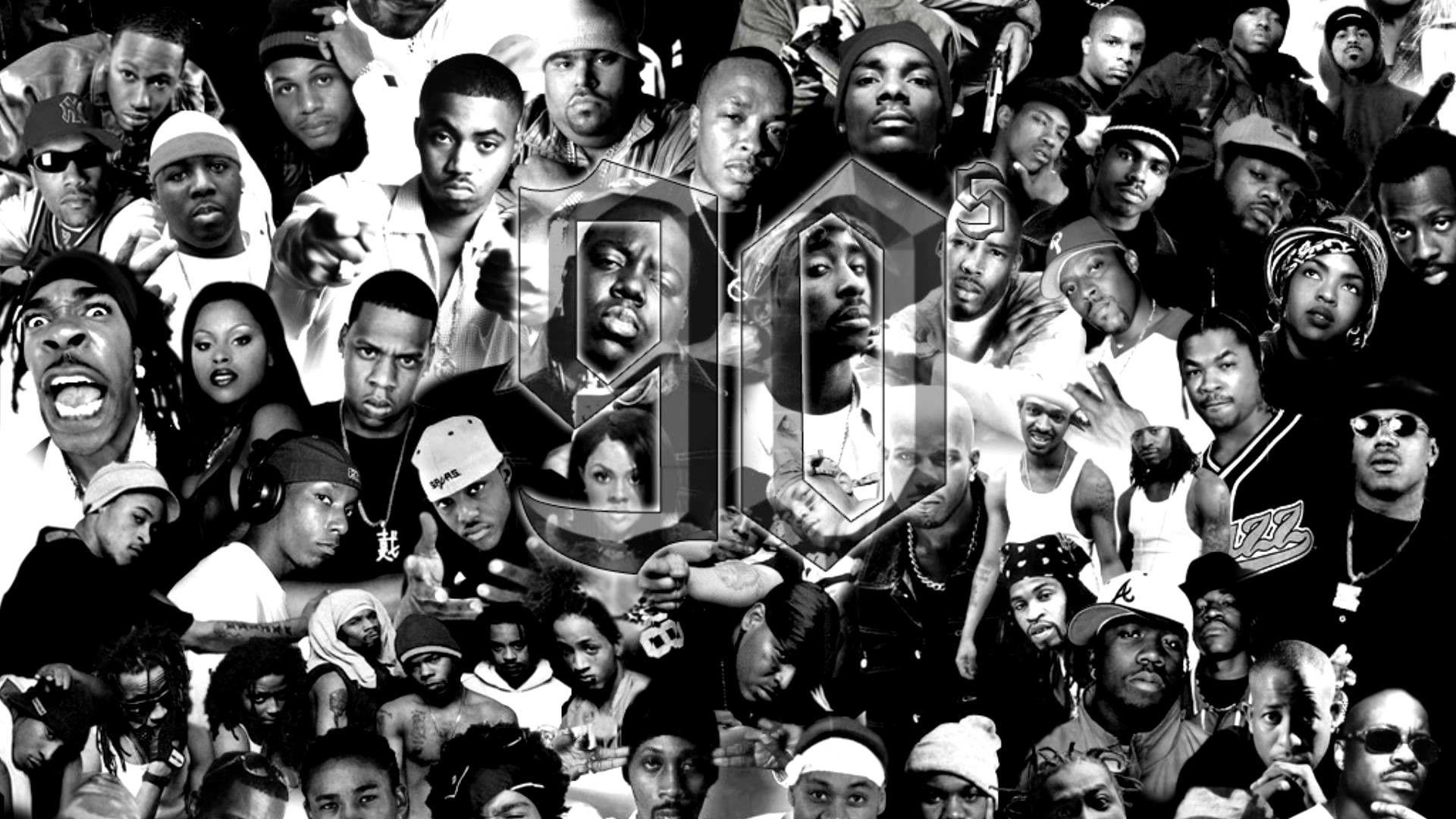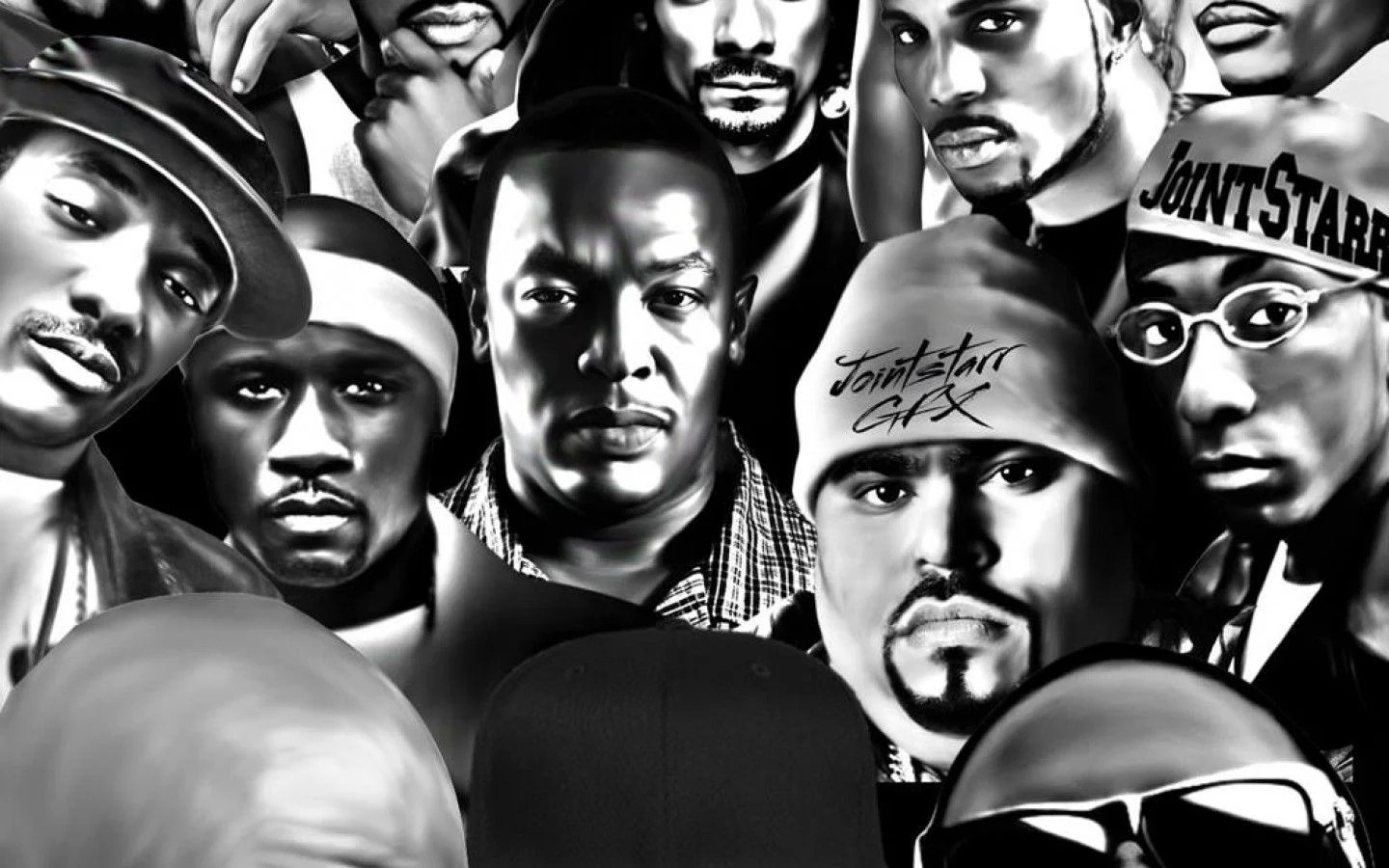Old school rap is more than just a genre of music; it is a cultural movement that laid the groundwork for one of the most influential art forms of the 20th and 21st centuries. From its humble beginnings in the streets of New York City to its evolution into a global phenomenon, old school rap has shaped the landscape of music, fashion, and social commentary. This article delves deep into the origins, key figures, and lasting impact of old school rap, providing readers with a comprehensive understanding of this iconic genre.
In this exploration, we will highlight essential artists who have defined the genre, dissect the stylistic elements that characterize old school rap, and discuss its relevance in today’s music scene. By the end of this article, you will have a profound appreciation for the roots of hip-hop and its enduring legacy. As we navigate through the history of old school rap, we invite you to reflect on how this genre has influenced your own life and the world around you.
With the rise of digital media, it is easier than ever to access classic tracks and discover the stories behind them. Whether you are a long-time fan or a newcomer to the genre, understanding old school rap is vital for appreciating the complexity and richness of hip-hop culture. So, let's embark on this journey through time and explore the fascinating world of old school rap.
Table of Contents
- 1. The History of Old School Rap
- 2. Key Artists of Old School Rap
- 3. Musical Elements of Old School Rap
- 4. Cultural Impact of Old School Rap
- 5. Old School Rap in Today's Music Scene
- 6. Biography of Notable Old School Rappers
- 7. Statistics and Trends in Old School Rap
- 8. Conclusion
1. The History of Old School Rap
Old school rap emerged in the late 1970s and early 1980s as a reaction to the socio-political climate of the time. The genre's roots can be traced back to block parties in the Bronx, where DJs would play records and MCs would rap over the beats. This grassroots movement was influenced by various musical styles, including funk, soul, and disco.
One of the pivotal moments in the history of old school rap occurred in 1979 when the Sugarhill Gang released "Rapper's Delight." This track is often credited as the first commercially successful rap song, bringing hip-hop into the mainstream. The success of "Rapper's Delight" paved the way for other artists and helped establish rap as a legitimate genre of music.
The Evolution of Rap
As the genre evolved, artists began to experiment with different styles and themes. The early 1980s saw the emergence of groups like Run-D.M.C., who combined rock elements with hip-hop, and Grandmaster Flash and the Furious Five, known for their socially conscious lyrics. These artists played a crucial role in shaping the sound and direction of old school rap.
2. Key Artists of Old School Rap
Old school rap boasts a rich tapestry of influential artists who have left an indelible mark on the genre. Here are some of the key figures:
- Grandmaster Flash: A pioneering DJ and rapper, Grandmaster Flash is credited with developing many of the techniques used in hip-hop today, including scratching and mixing.
- Run-D.M.C: This iconic trio is known for their fusion of rap and rock, particularly with their hit "Walk This Way" featuring Aerosmith.
- Kurtis Blow: As one of the first commercially successful rappers, Kurtis Blow's "The Breaks" was a major hit and helped establish rap as a viable music genre.
- Eric B. & Rakim: This duo is celebrated for their complex lyricism and innovative production techniques, which set a new standard for future generations of rappers.
3. Musical Elements of Old School Rap
The sound of old school rap is characterized by specific musical elements that distinguish it from contemporary styles. Key features include:
- Beats: Old school rap often employs simple, looped beats created from samples of funk and disco records.
- Rhythm: Rappers focus on rhythm and cadence, delivering lyrics with a syncopated flow that complements the beat.
- Sampling: The use of samples from existing songs is a hallmark of old school rap, allowing artists to pay homage to their musical influences.
4. Cultural Impact of Old School Rap
Old school rap has had a profound influence on culture, shaping not only music but also fashion, language, and social movements. Key aspects of its cultural impact include:
- Fashion: The style of old school rappers, characterized by oversized clothing, sneakers, and bold accessories, has influenced streetwear trends.
- Language: The vernacular of old school rap has seeped into everyday language, introducing phrases and slang that are still used today.
- Social Commentary: Many old school rap songs address social issues such as poverty, racism, and inequality, giving a voice to marginalized communities.
5. Old School Rap in Today's Music Scene
Despite the emergence of new styles and subgenres, old school rap continues to resonate with audiences today. Its influence can be seen in the work of contemporary artists who pay homage to the pioneers of the genre. Many producers and rappers draw inspiration from the sounds and themes of old school rap, blending them with modern elements to create fresh music.
6. Biography of Notable Old School Rappers
To further understand the impact of old school rap, let's take a closer look at the biographies of some notable artists:
| Name | Birth Date | Notable Work |
|---|---|---|
| Grandmaster Flash | January 1, 1958 | The Message |
| Run-D.M.C. | November 14, 1964 | Raising Hell |
| Kurtis Blow | August 29, 1959 | The Breaks |
| Eric B. & Rakim | Eric B.: November 8, 1967; Rakim: January 28, 1968 | Paid in Full |
7. Statistics and Trends in Old School Rap
To appreciate the lasting impact of old school rap, it's essential to look at some statistics and trends:
- The hip-hop genre accounts for over 20% of global music revenue as of 2023.
- Streaming platforms have seen a significant increase in old school rap playlists, with millions of listeners tuning in every month.
- Social media platforms are flooded with nostalgic posts about classic tracks from the old school rap era, showcasing its enduring popularity.
8. Conclusion
Old school rap remains a vital part of music history, offering insights into the cultural movements and social issues of its time. By understanding the roots of this genre, we can appreciate the evolution of hip-hop and its current landscape. We encourage you to explore classic tracks, share your thoughts in the comments, and dive deeper into the world of old school rap.
As we conclude this exploration of old school rap, we invite you to engage with this rich cultural tapestry and reflect on how it has influenced your life and the music you love. Don't hesitate to share this article with fellow music enthusiasts and check out our other content for more insights and stories from the world of hip-hop.
Dwayne Johnson's Spouse: A Glimpse Into His Life With Lauren Hashian
The Legacy Of The Mary Tyler Moore Show: A Cultural Icon In Television History
Understanding Trustpilot: A Comprehensive Guide To Online Reviews


